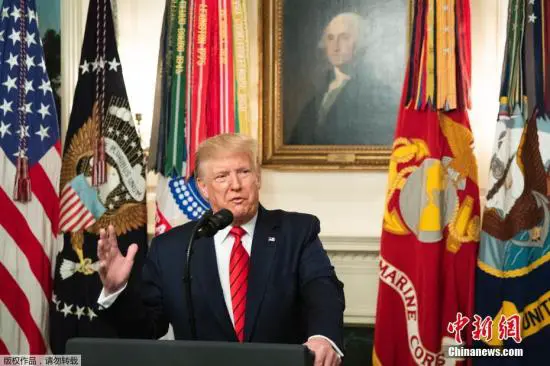The focus of ongoing nuclear talks in Vienna of Austria is on a "political agreement" over Iran's nuclear issue, which will include general principles rather than a comprehensive one, a senior Iranian official was quoted as saying by semi-official ISNA news agency on Sunday.
"We haven't been interested in extending the nuclear negotiations and we aren't. We are working hard on a framework to reach a political agreement," the unnamed official said in Vienna.
The talks for a political agreement are within the framework of the negotiations for long-awaited comprehensive nuclear deal, he said, adding that "so far, no talks on the extension of the negotiations have been carried out."
Earlier on Sunday, ISNA reported citing a member of the country 's negotiating team that it would be impossible by the Nov. 24 deadline to reach a comprehensive agreement with major powers over Tehran's nuclear issue.
"Considering the short time left until the deadline and number of issues that needed to be discussed and resolved, it is impossible to reach a final and comprehensive deal by Nov. 24," the unnamed member of the negotiating team said.
The report also said early on Sunday that Iran was considering to extend the time of the talks.
"The option of extending (interim) Geneva deal will be on the table, if we do not agree on a comprehensive political deal by the end of Sunday night (Vienna local time)," the official was quoted by ISNA as saying.
On Sunday, U.S. President Barack Obama expressed concerns that "significant gaps" are still there between Iran and the world powers over the country's controversial nuclear program.
Similar tone had also been articulated by U.S. Secretary of State John Kerry on Saturday. "We hope we're making careful progress, but we have big gaps. We still have some serious gaps which we're working to close."
In the meantime, Israel and the Persian Gulf states, including Saudi Arabi, have pronounced their own concerns about the details of a possible agreement which might put in danger their interests in the region.
Israeli Prime Minister Benjamin Netanyahu said on Sunday that " no agreement" between the P5+1 countries and Iran would be better than a "bad agreement."
Speaking at the weekly cabinet meeting, Netanyahu said Kerry briefed him on the details of the final efforts to reach an agreement during the ongoing talks in Vienna.
Netanyahu reiterated his stance that Iran should not be allowed to become a nuclear threshold state, which he said will jeopardize Israel and the rest of the world. The prime minister seeks to completely remove all centrifuges and disable the Iranians from enriching uranium.
Unlike Israel, the United States is willing to allow for some uranium enrichment at a basic level.
Kerry met with Saudi Arabian Foreign Minister Saud al-Faisal on Sunday, discussing the ongoing Iran nuclear talks and updating him on the negotiations, a U.S. spokesperson said.
Kerry had discussed the ongoing Iranian nuclear talks with four foreign ministers from its Persian Gulf allies in a conference call on Saturday.
In the run up to a possible "political agreement," Chinese Foreign Minister Wang Yi will leave Beijing in the early hours of Monday morning to Vienna in Austria, a Foreign Ministry spokesman said on Sunday evening.
Wang will attend negotiations for a comprehensive agreement on the Iranian nuclear issue, spokesman Hong Lei said.
Wang and his Iranian counterpart Mohammad-Javad Zarif had held a phone conversation on Nov. 16 over the Iranian nuclear issue.
The six countries, Britain, China, France, Germany, Russia and the United States, are holding talks with Iran in Vienna. It is hoped that a comprehensive deal would be reached by Monday that would ensure Tehran's nuclear program is totally peaceful, while, in return, Western states would phase out sanctions that have severely damaged the gulf nation's oil-dependent economy. Enditem
 简体中文
简体中文

